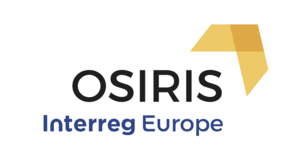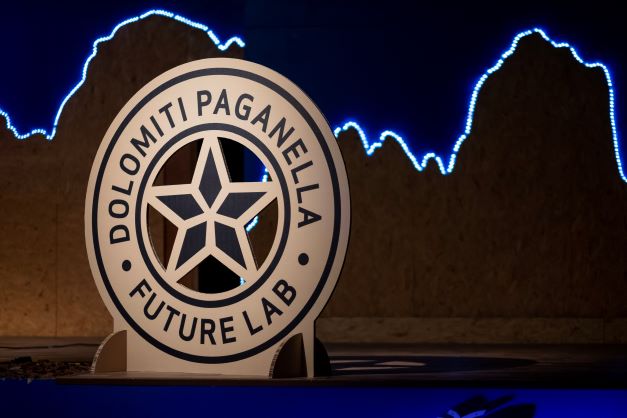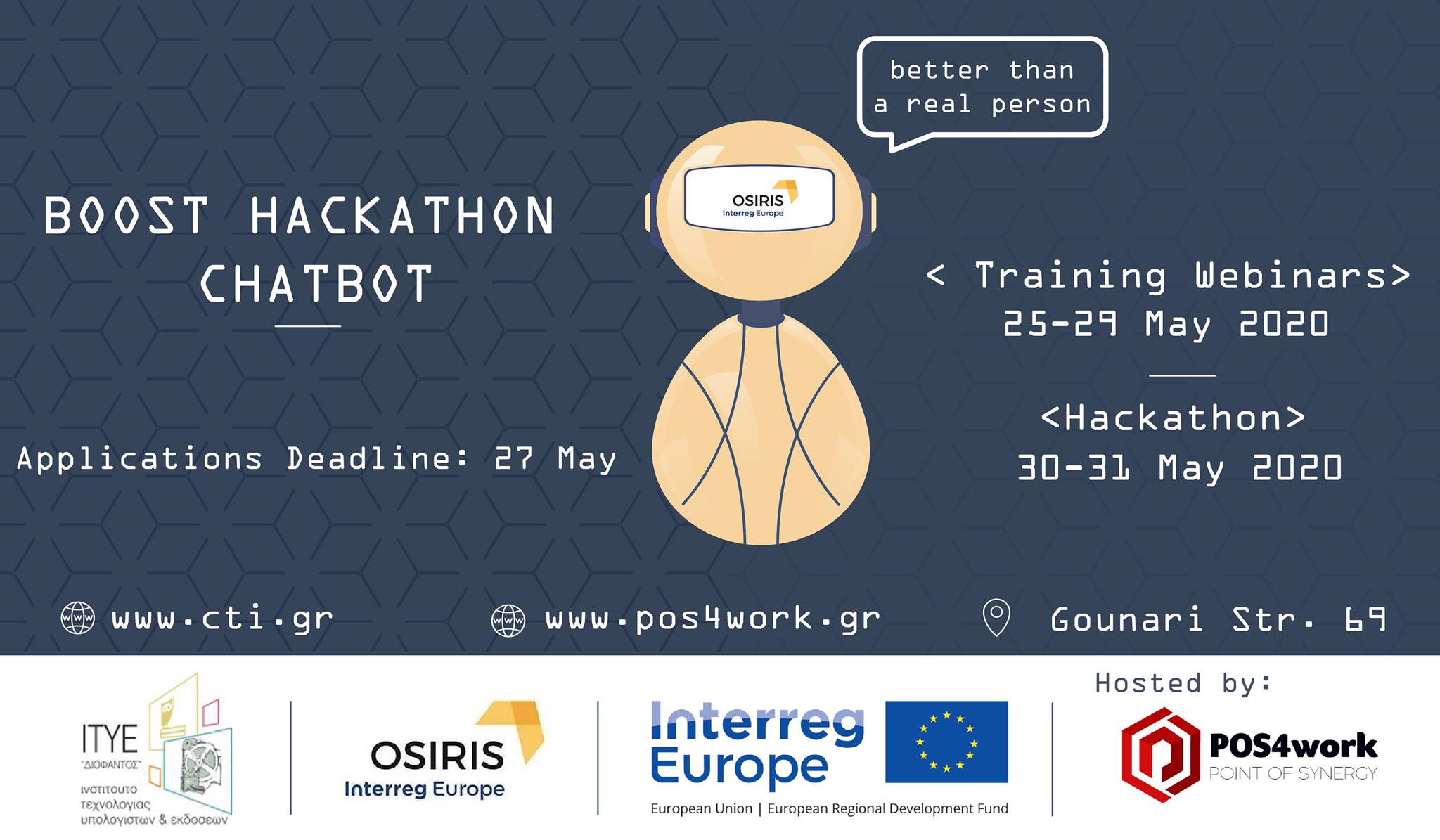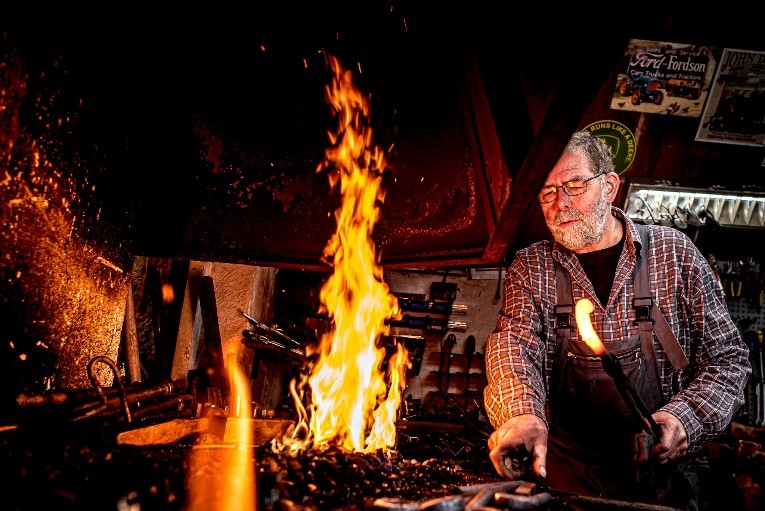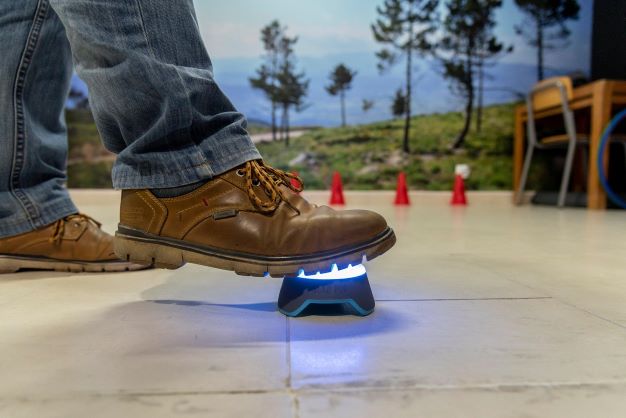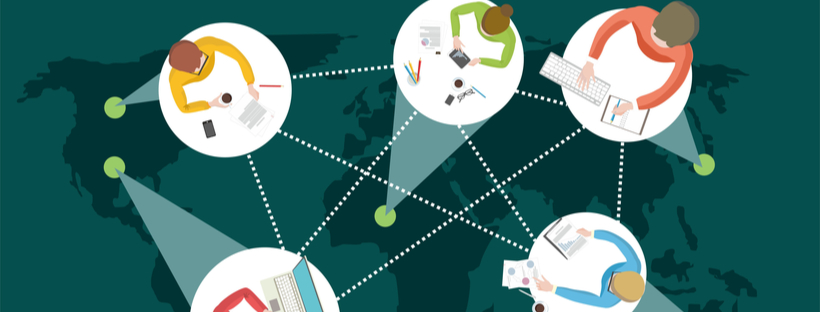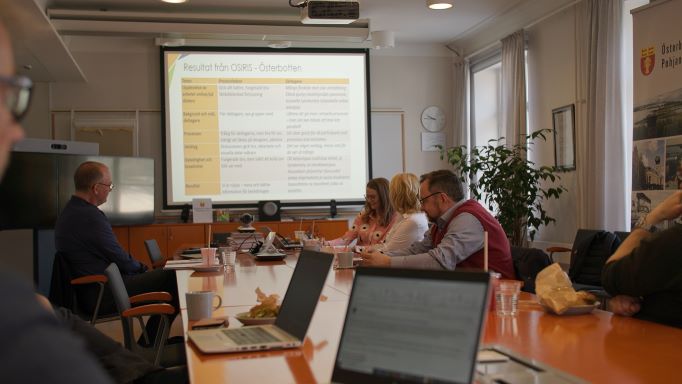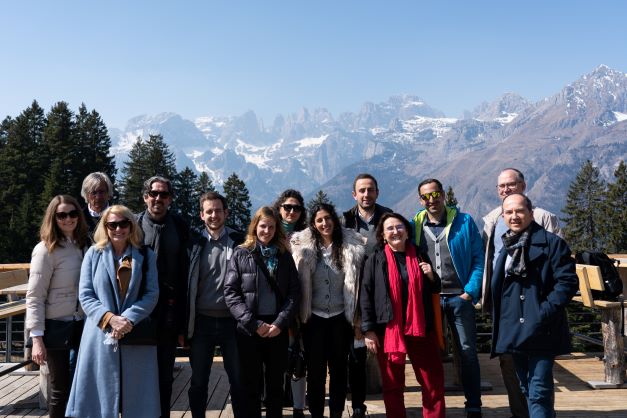During phase two of our project, partners have identified good practices for working with co-creation and open social innovation during the pandemic. The first good practice comes from the Autonomous Province of Trento and describes true co-creation for resilience in the tourism sector.
Dolomiti Paganella Future Lab
About this good practice
The Dolomiti Paganella Tourist Board is the DMO responsible for the tourist promotion and management of 7 localities at the foot of the Brenta Dolomites, UNESCO World Heritage Site. The area, known as the Altopiano della Paganella and located in Trentino (Northern Italy), is facing many challenges related to the impact of current environmental, social and economic transformations, all of which are throwing into question its future development.
The “Dolomiti Paganella Future Lab” project was designed to properly decipher these changes, thereby making the local community of the Altopiano della Paganella more resilient, capable of both conceptualizing its own future and elaborating adequate development models to withstand the current challenges.
The good practice, representing to date an unicum in Italy, has been conceived as a constantly evolving platform, where the involvement of the local community is essential, in order to jointly define a balanced vision for the long-term development of tourism, with the values of livability and sustainability serving as cornerstones.
Residents, young people, visitors, tourist operators and administrators were engaged through round-table meetings, questionnaires and online surveys, in order to collect inputs and impressions on 4 main issues: destination DNA, new generations, climate change and tourism in balance.
The co-creation process continued also during the COVID emergency, a critical phase that reinforced the belief that it is crucial to reflect on our existing development model and adjust it in the name of sustainability.
Resources needed
The project was initially formed by a core of about 10 people, which gradually started to involve the main stakeholders of the territory and, eventually, the whole local community.
Every member of the starting core brought his/her own skills and expertise to the project, ranging from territorial governance to teamwork, from analytical and problem solving skills to leadership, from the knowledge of the territory to skills in sustainable development.
Below, a list of skills that were essential in designing and developing the project:
● Analytical thinking and innovation;
● Active learning and learning strategies;
● Complex problem-solving;
● Critical thinking and analysis;
● Creativity, originality and initiative;
● Leadership and social influence;
● Technology use, monitoring and control;
● Flexibility, reasoning and ideation.
Evidence of success
The first two years of the project led to the definition of both the “Charter of Values” and the “Project Catalogue”.
The former, based on 10 guiding principles applicable to private citizens, companies, organizations, and public institutions, aims to promote the development of a community founded on shared values, with tourism as the engine for planning and developing the future; the latter, includes 10 future-oriented projects that will help the Altopiano della Paganella become a more balanced holiday destination in the future, both for residents and tourists.
The Dolomiti Paganella Future Lab was able to involve both all the stakeholders and the local community, thanks to public events, 5 workshops, the distribution of more than 1.600 questionnaires, the participation in a school project and the creation of a “'Future Lab Google Classroom''. The Dolomiti Future Lab was also invited to TEDx in 2021 to share the experience of the platform, which is still active and in constant evolution.
Potential for learning or transfer
The good practice is based on a participatory process involving different stakeholders of a mountain community, with the aim of stimulating reflection on the future development of tourism in a challenging and ever evolving environment. It is possible to explore and learn more about the project, thanks to the documents and video which describes the entire process, methods, activities and outputs.
The initiative can be inspiring for other mountain regions, which are coping with the impacts of climate change and economic transformations, obliging them to rethink their development model.
A good implementation of the good practice is likely to depend on the capacity to keep high levels of engagement by the stakeholders and on a deep knowledge of communication strategies and tools.
Further information
Website: Dolomiti Paganella Future Lab
